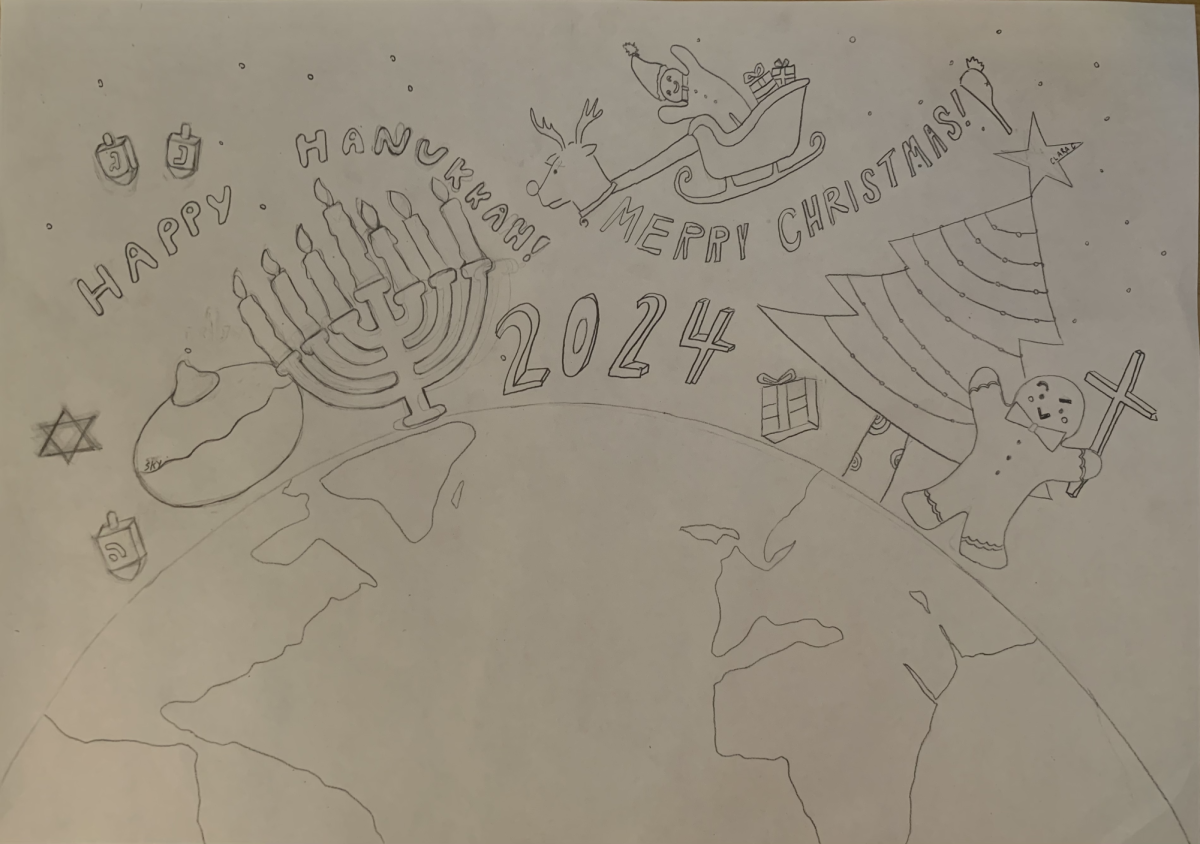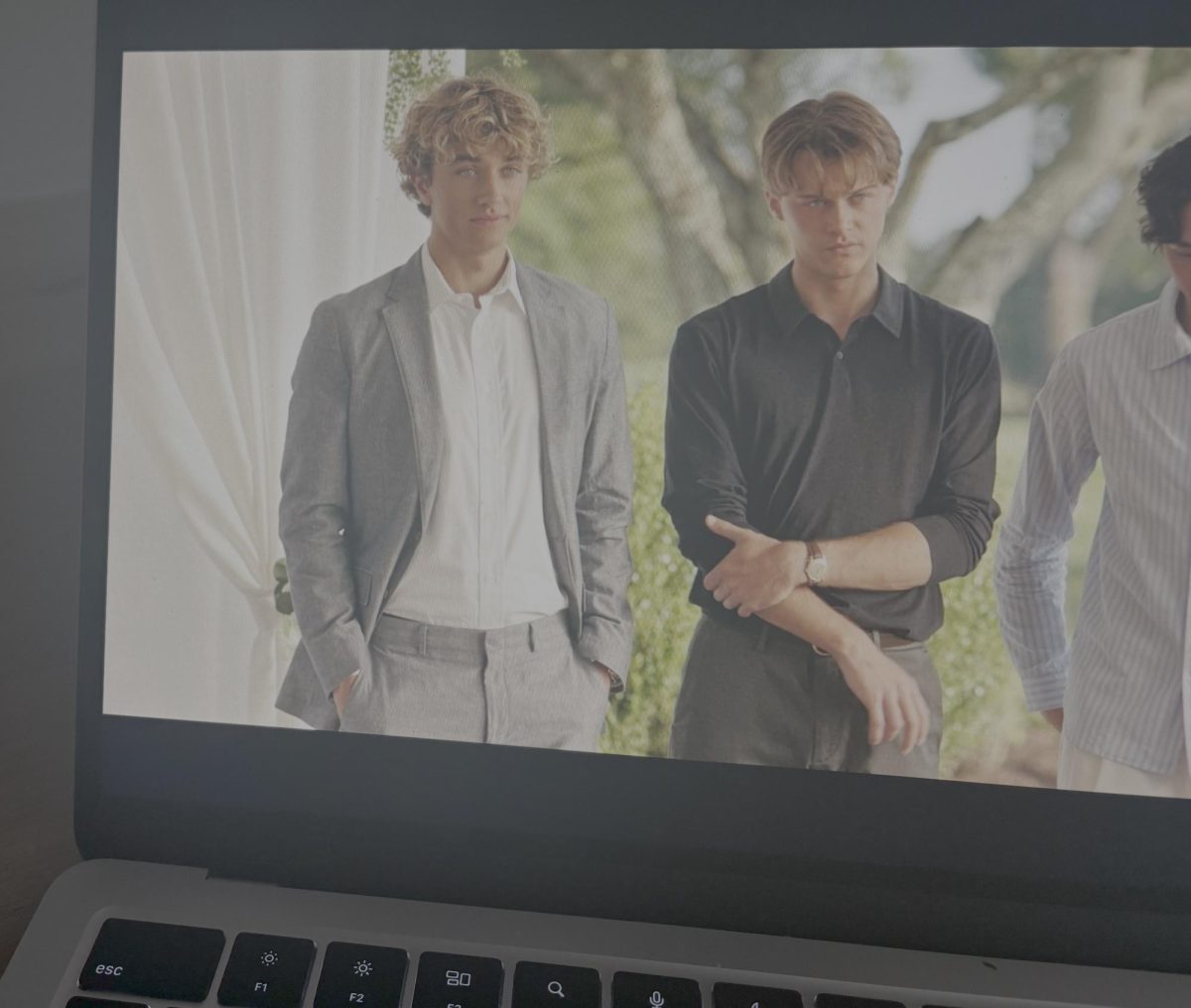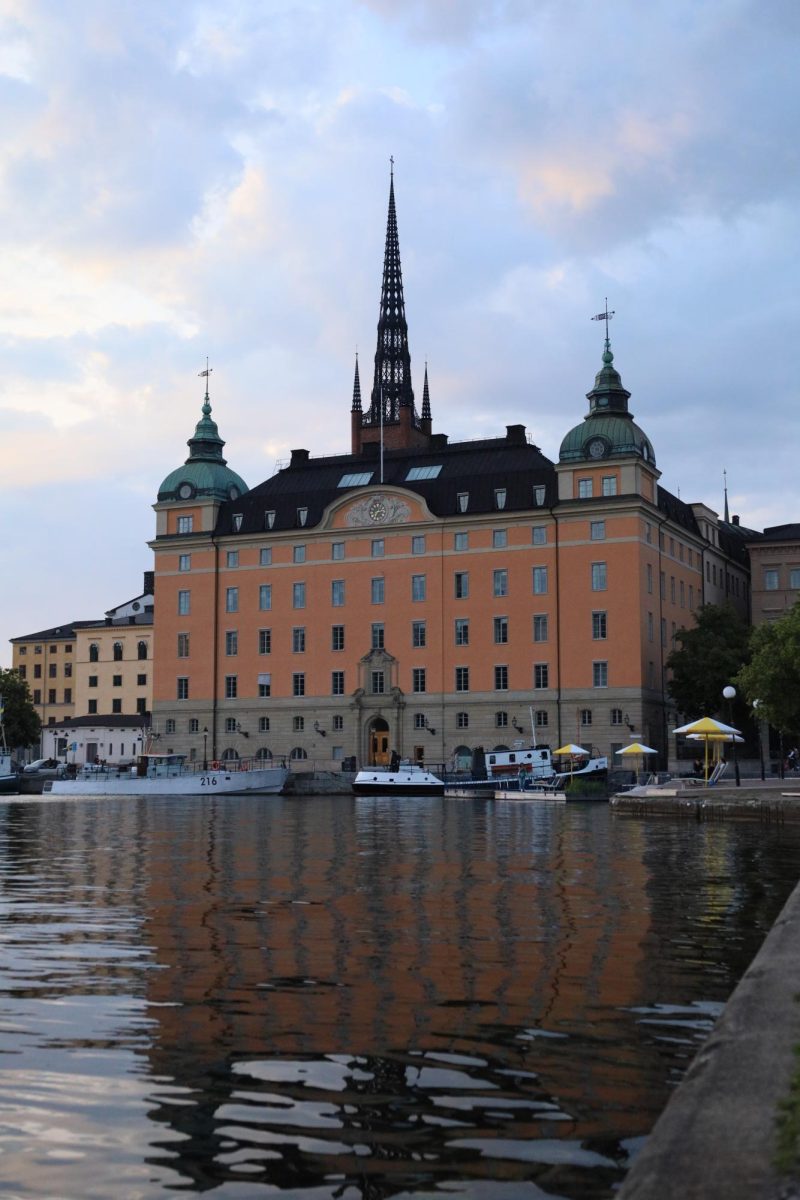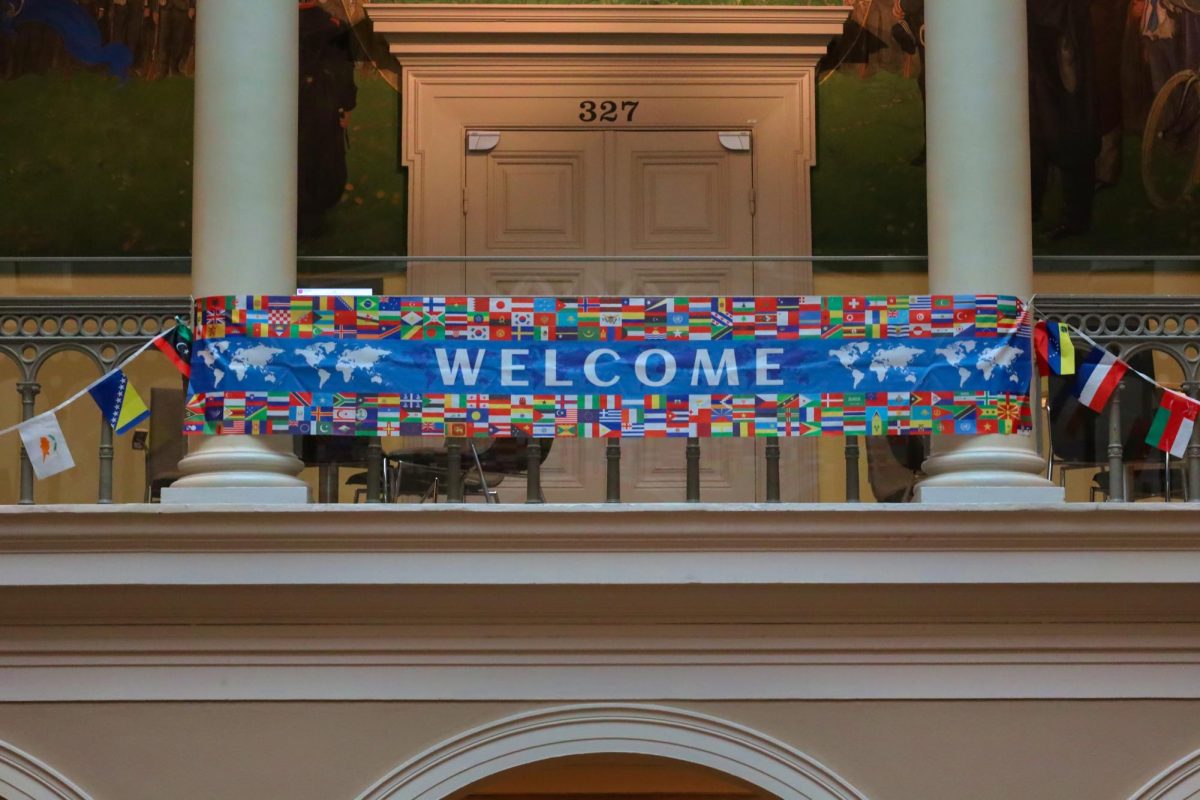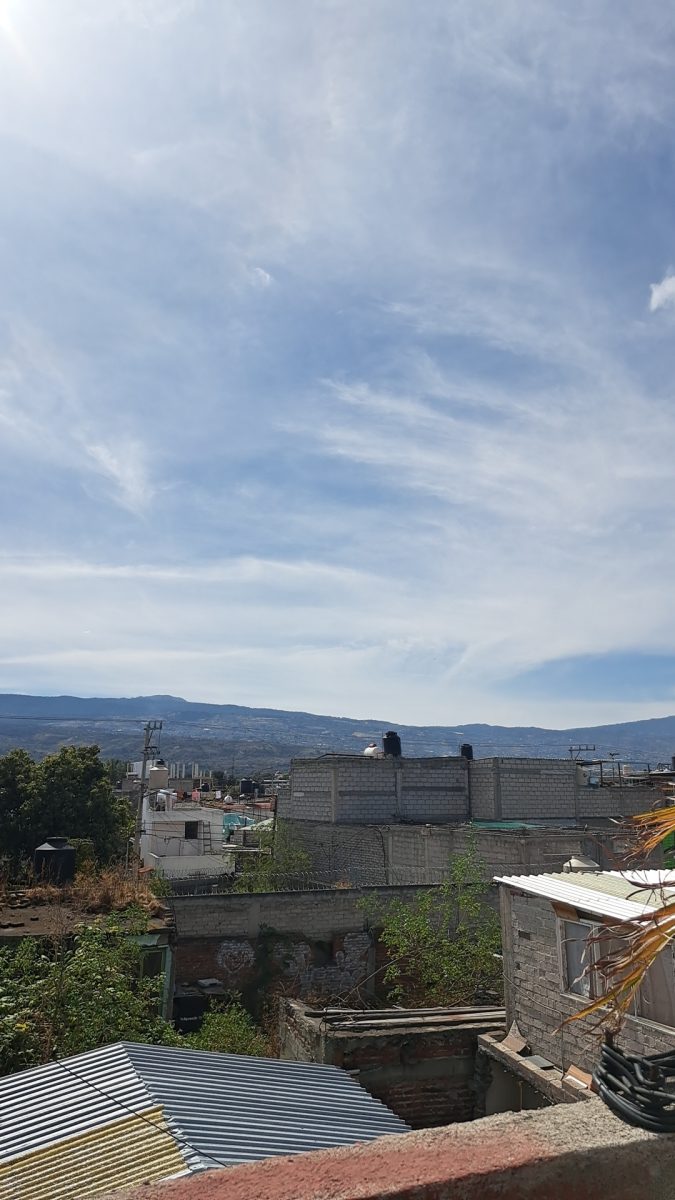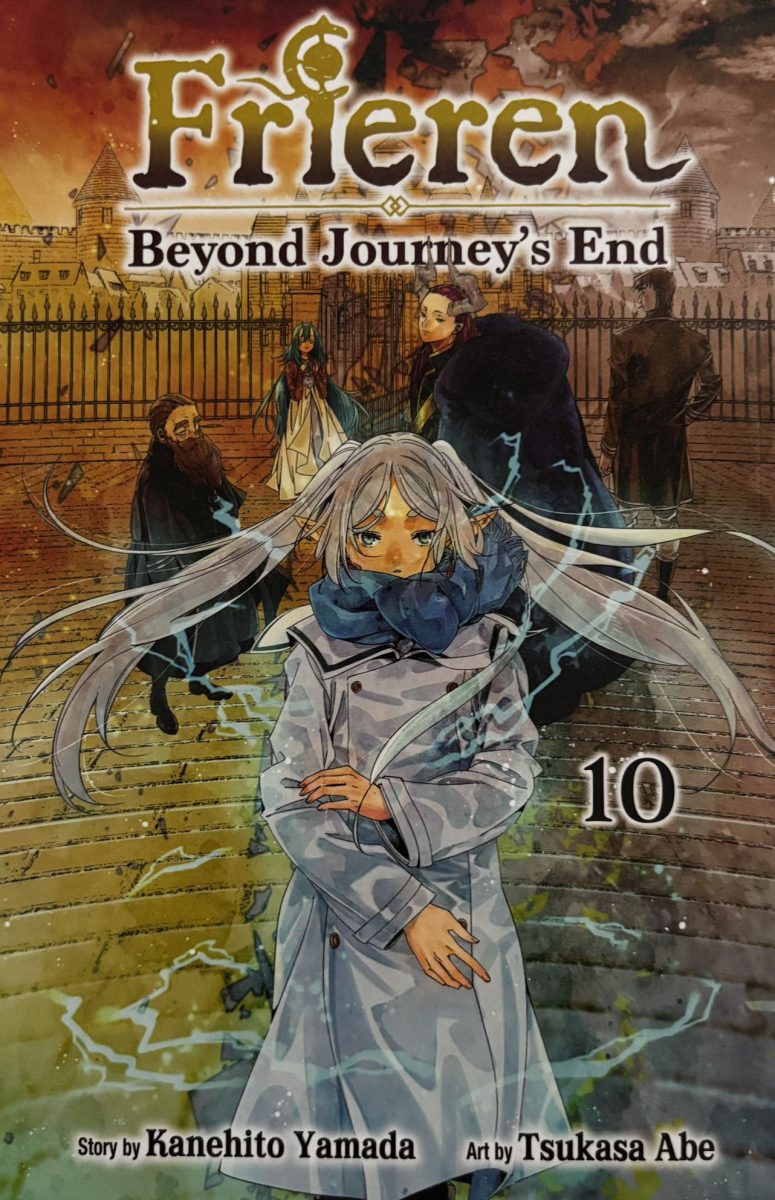This year, Hanukkah starts on Christmas Day. This may confuse you, as it did me prior to my interviews, because you may wonder, “How could Hanukkah end up on Christmas?” or “Isn’t it in early December?” Well, this article will hopefully explain it to you in simple terms, akin to the way my interviewees did for me.
Hanukkah, also known as the Festival of Lights, originates from events that occurred over two thousand years ago. A group of Jewish rebels, known as the Maccabees, were combating the Seleucid Empire, which held Jerusalem hostage by interdicting Jewish practices. Once they claimed their victory, the Maccabees retrieved the Holy Temple in Jerusalem to rededicate it to their faith. It is said they found a small amount of pure oil to light the temple’s menorah for one day. However, the oil somehow burned for eight entire days, allowing them to retrieve more oil. This was a miracle and is honoured yearly through the daily lighting of eight candles on a menorah during the holiday. It is also traditional to eat foods fried in oil, such as sufganiyot and latkes.
How does this connect to Christmas? There are two factors this year: the day Hanukkah starts and the importance of the celebration. Hanukkah has always been near with Christmas, which has influenced it to become a gift-giving celebration and holiday in the Jewish calendar. For example, it is now common in Europe to give money, raisins, and nuts to children. Originally, Hanukkah was not the most important Jewish holiday religiously, yet it has become the most popular due to the celebration surrounding it.
It is important to understand how the Jewish calendar functions. It is a solar and lunar calendar, meaning the months are 29 to 30 days long, and we are currently in the Jewish year 5785. The new year, Rosh Hashanah, is therefore different from the Gregorian calendar’s new year. Consequently, Hanukkah’s date in the Gregorian calendar changes yearly.
This year, if you’re celebrating Chrismukkah, the fusion of both religious celebrations, you’ll be able to enjoy both at the same time! Plus, Kwanzaa, a celebration of African-American culture, begins the following day and ends on January 1. No matter what or if you celebrate, the school year ends on December 17th, so we at the QQ hope you’ll have a festive and restful break!


